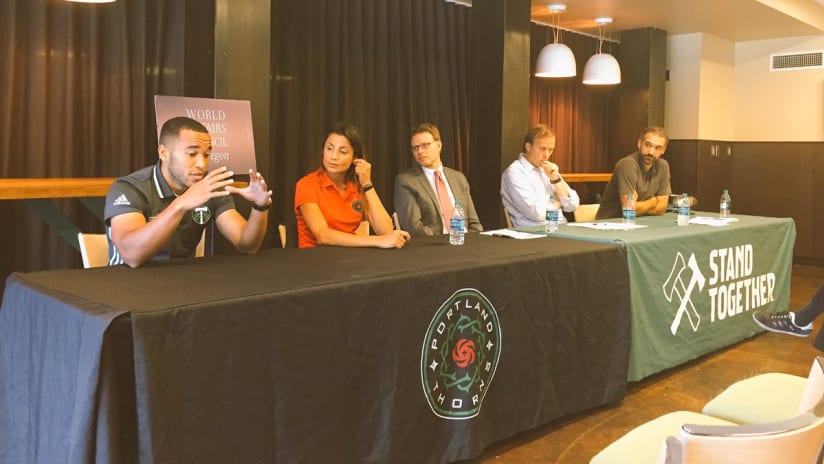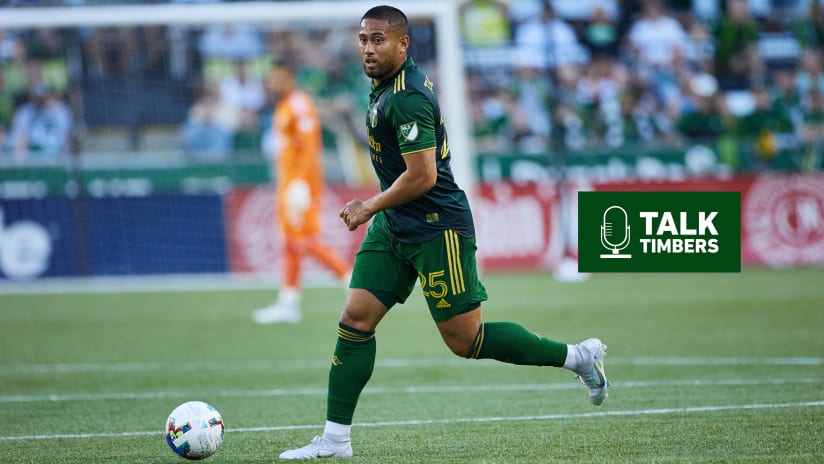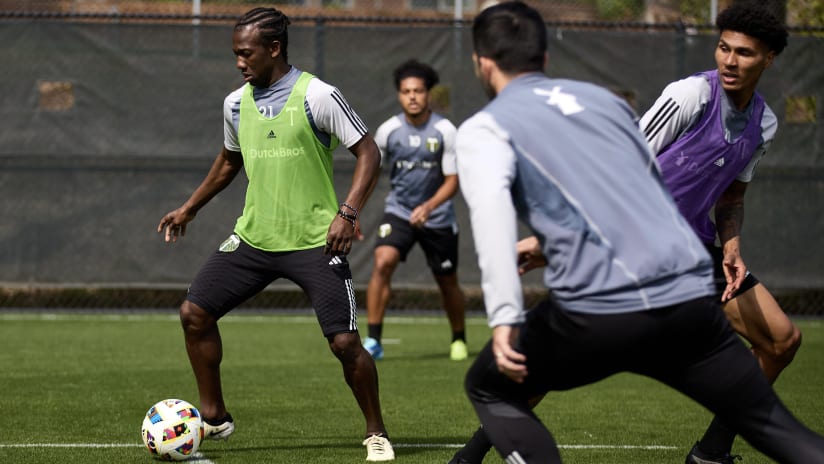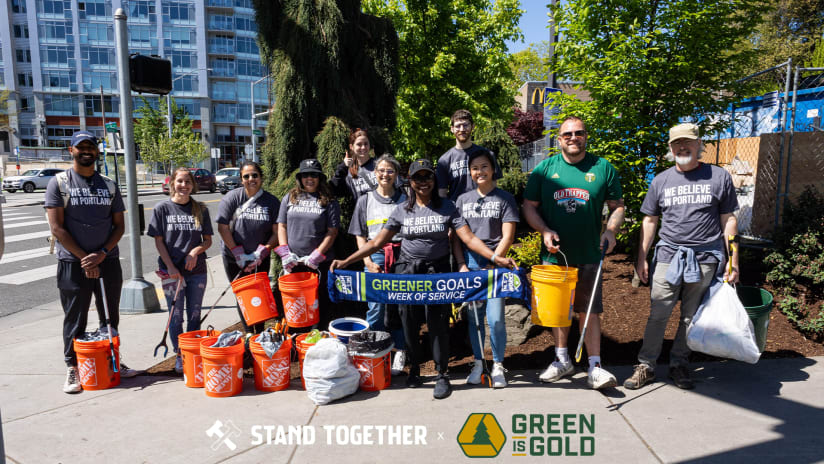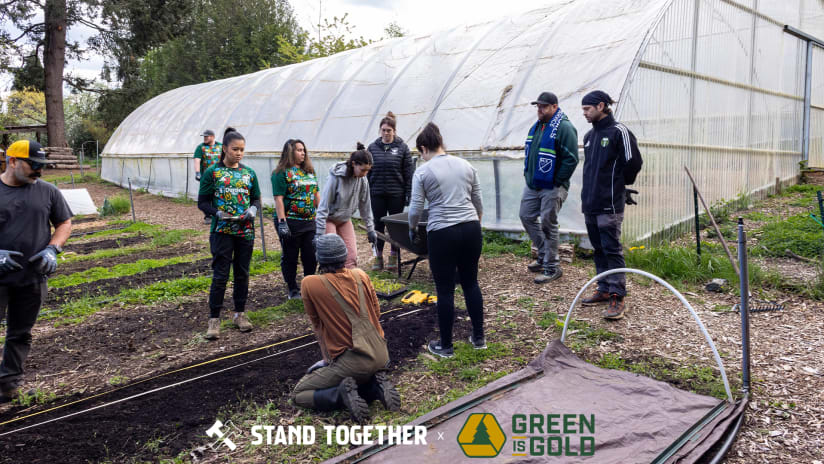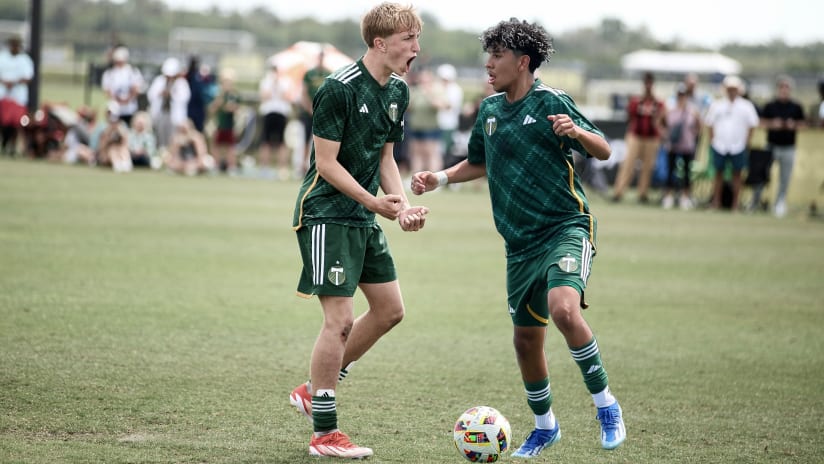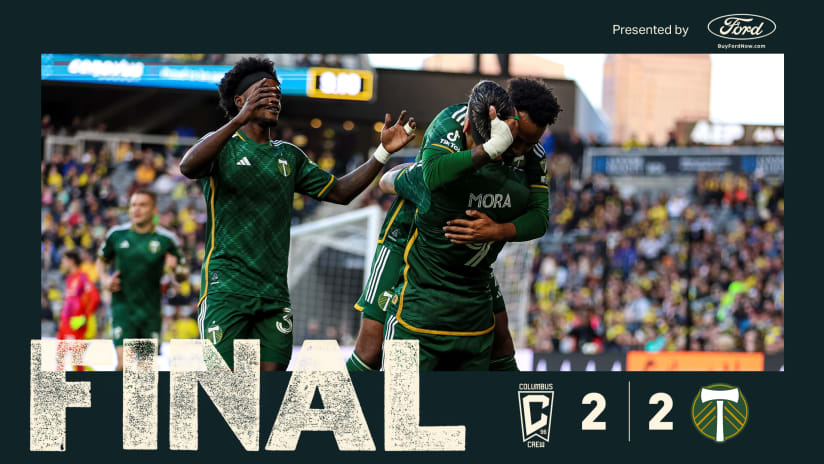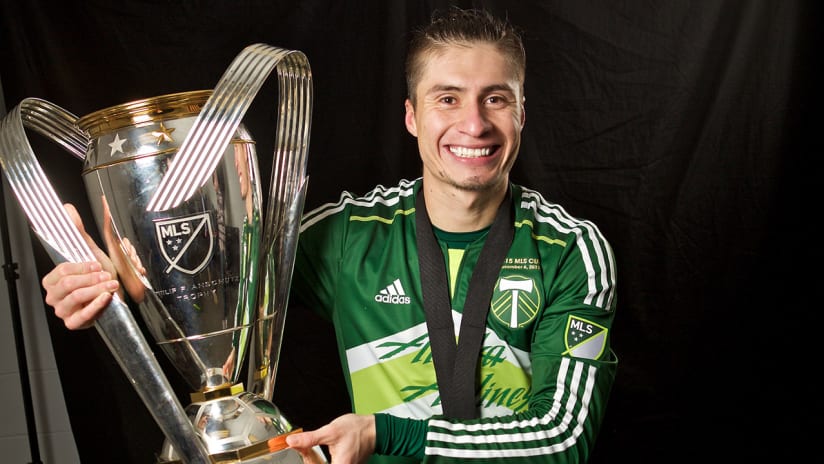PORTLAND, Ore. – Portland Thorns FC forward Nadia Nadim wants to tell you a story.
When the Afghan-born Danish international was around 18 years-old, she and her family moved to Aarhus, the second-largest city in Denmark. It was there that the precocious Nadim found new opportunities to practice and play the game that she loved so much.
But with that opportunity also came a cost.
Many of her mother's friends, fellow Afghan refugees who clung to many of the traditions that they themselves had grown up with, began asking questions about the boys that Nadim was playing soccer with. Was it acceptable for Nadia to do that? Shouldn't she start preparing for marriage?
“As a Muslim and as an Afghan, girls are not supposed to do what I was doing,” said Nadim. “Especially in my culture, when you're 18, 19 years-old, you start getting interested in guys and have to get engaged and then when you're 20, 21 you're married and have a kid. But that was not something I wanted to do.”
Instead, Nadim – with the help of another friend – forged her own path, setting up an indoor club for young refugee players. When the club started participating and playing well in local tournaments, it began to garner national attention. Within a year, Nadim says, the club had grown to over 270 players.
Yet the fearful questions of her mother's traditional friends continued to eat away at Nadim.
One day, when she was coming home from practice, she got off the bus in her neighborhood and saw two young Muslim girls, visible in their headscarves, playing a game of pick-up with some other local boys.
Nadim ran and grabbed a friend to watch. "That's when I knew we had done it," she recalled of that moment. "We had created change."
Soon, her mother's friends were back in her ear again, only this time they had different questions.
“The funny thing is,” Nadim remembered, “the same women who used to tell my mom I should not do that stuff [like playing with the boys], they came to me like, 'Nadia, we want our daughter to start [playing organized soccer], where should she go?'”
Nadim recounted this story in front of a rapt audience at Providence Park's KeyBank Club on Wednesday afternoon as part of a panel put on by the World Affairs Council of Oregon titled “More Than a Game: Soccer Connecting the World.”
Alongside Nadim were Portland Timbers rookie forward Ben Polk, University of Portland professor Andrew Guest, and Senior Youth Development Advisor of MercyCorps Matt Streng. Each speaker addressed some aspect of the modern global game and its ability to unite and divide communities across the world.
Guest spoke first of the potential dangers of sport. Soccer, he explained, is “an empty cultural form,” something that on its own does nothing but which can be used for either positive or malicious purposes. And because of this, he continued, America – despite its lack of a long soccer tradition – has much to offer the global game, particularly in its treatment of women.
“We have ideas about soccer that are different than the rest of the world and in a lot of ways, I would say, good [ones]...In a lot of parts of the world, women don't actually get a lot of support for playing soccer,” he said.
Polk, who endured an often turbulent childhood, spoke eloquently about the more unifying aspects of the sport.
Having grown up in Saudi Arabia as a child and having later moved to the U.K. with his British-born mother, Polk found that soccer provided an opportunity to integrate with kids with whom he sometimes shared neither a language nor a culture and helped him form many of his most enduring friendships.
“Soccer is the universal language,” Polk said. “We didn't have to know what everybody was saying, but we all had the same goal and the same focus.
“Soccer was really my only home.”
Streng spoke next about the mission of MercyCorps and its focus on using the sport to achieve non-soccer objectives in some of the world's most troubled places.
In a wide-ranging discussion with the entire audience, the panel discussed the state of women's soccer in the U.S., the importance of Title IX for women's sports, the increasing professionalization of soccer around the world, and the importance of inclusion in fan communities like the Timbers Army.
But nothing spoke as loudly as the faces of the three smiling young women who posed for photos with Nadim after the Q&A had ended.
Nadim continues to inspire a new generation of young women who may themselves one day help end the kind of discrimination against which Nadim, and the many other women who came before her, has struggled against for so long.

